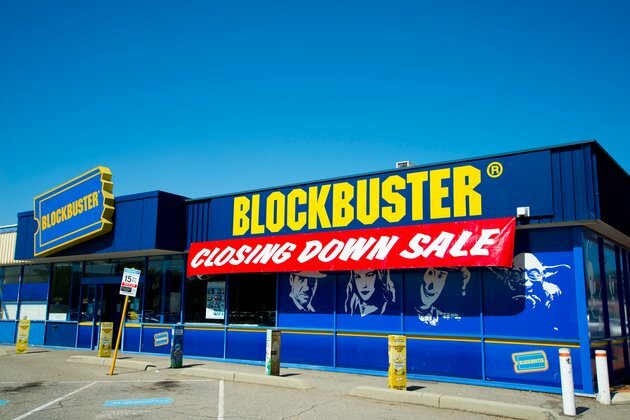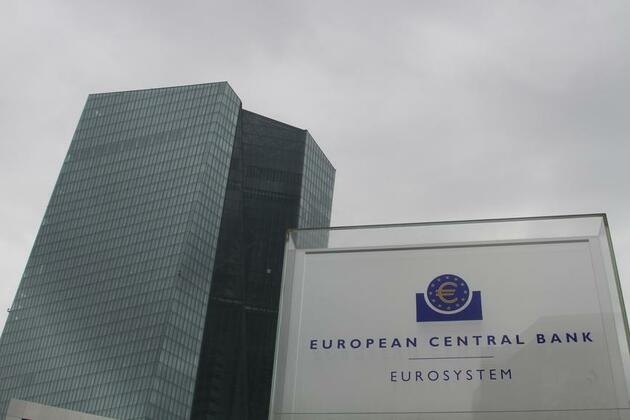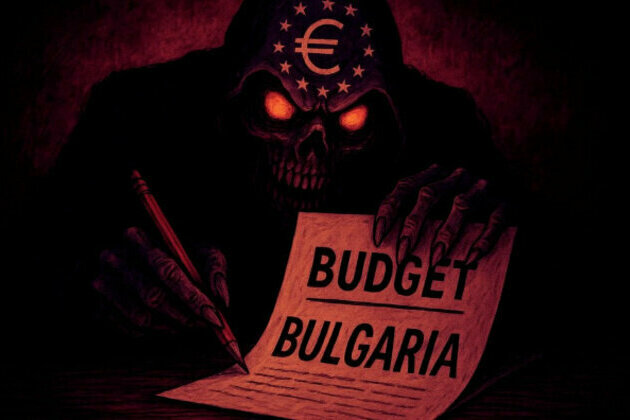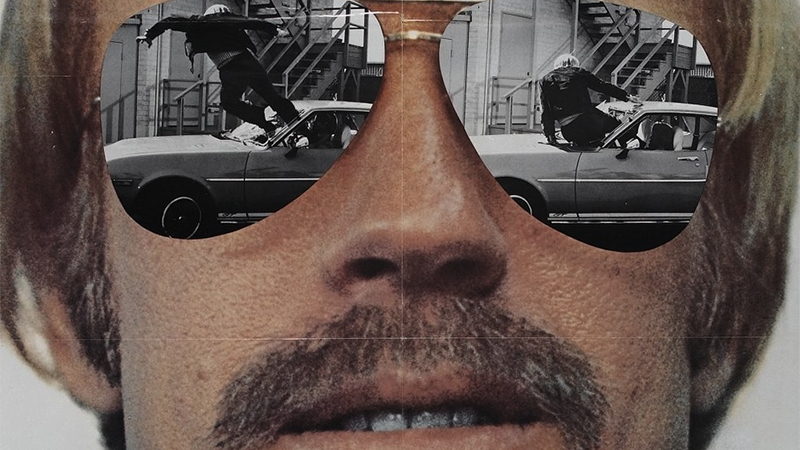Netflix show brings back Blockbuster, but some brands should stay dead
The Conversation
24 Nov 2022, 14:09 GMT+10

Streaming services are replete with stories of the dead coming back to life. They're also chock-full with dead or almost dead brands. Shows like Stranger Things have not only given new life to 1980s pop classics like Kate Bush's Running up that Hill, but also former tech icons such as Polaroid.
One of Netflix's latest shows goes beyond product placement by placing a dead brand, Blockbuster, at the centre of the drama. The story is set in the last Blockbuster retail outlet in the USA, and focuses on employees' attempts to save the store, ironically in the face of the onslaught of Netflix.
Nostalgia is nothing new. People often pine for a past that seemed simpler, authentic, and sometimes even associate brands with childhood. Blockbuster may be seen as a cultural hub for some millennials, in the way the record store was for many in generation X (see Nick Hornby's High Fidelity). Such hubs are often associated with memories such as exploring new genres, or even dealing with snobby clerks passing judgement on one's lack of taste.
Netflix hopes viewers will emotionally engage with a story about a global brand in its death throes. But research reveals that consumers have a complex relationship with dead brands. The relaunch of official Star Wars film franchise in 1999 and the VW Beetle in 1997 prompted heated fan debate about whether the retro-styled new releases were authentic.
Many argued they were motivated by purely commercial decisions that sat at odds with the original intent of their creators. Fans of the discontinued Apple Newton portable digital device held a religious-like belief for an eventual return (they're still waiting). Citizens of former East Germany celebrated the superiority of long-dead "Ossi" brands of condiments on social media as a way of dealing with a sense of collective identity loss after being merged with capitalist West Germany after the fall of the Berlin Wall (eventually many of the brands were relaunched).
Loyalty versus relevance?
Given that, for every Old Spice success story, there's at least a couple of Woolworths failures, is it ever worth trying to revive old brands? In marketing parlance, brand equity (value) is a consequence of consumer loyalty. It is a function of the brand's image, which consists of brand knowledge and likeability, and the extent to which it is relevant to a sizeable audience.
This is where things get tricky for dead brands. Their death was usually due to their lack of relevance. Blockbuster, already experiencing problems, failed to match Netflix's mail order operation because doing so would undermine its commitment to retail.
Unfortunately for Blockbuster, consumers didn't value the store experience as much as the company thought. When the technology became available, mail order was replaced with streaming. Beyond a few old-time loyalists, nostalgia for the past may not necessarily translate into present day sales.
Brand value is also calculated as a function of future revenue streams, with the assumption that loyal consumers will continue to buy the brand into the foreseeable future. However, the actual value of loyalty is one of the most contentious debates in marketing practice. Research from the Ehrenberg-Bass Institute argues that loyalty declines quite quickly, whereas other marketing experts suggest the opposite.
Regardless of one's position, an emphasis on relevance (over consistency) has gained greater attention. Brands constantly have to renew their relationship with fickle consumers (as Netflix has discovered, while simultaneously remaining true to the spirit of the brand. Studies on retro brands in New Zealand or iconic franchises such as James Bond reveal how marketers constantly tweak brand formulas to remain authentic and relevant.
This is the challenge for dead brands. They died for a reason. We may still remember them fondly, but they have the same authenticity as museum pieces: high on heritage, low on relevance. And so they are often enjoyed fleetingly, behind glass.
So should Blockbuster be revived? As a brand, no. But as a licensing opportunity, possibly. Iconic bands such as the Ramones and Blondie gain income from licensed t-shirts (not to sound like a snobby clerk, but ironically often worn by people who have never even heard the music). Similarly, brands such as Kodak, Polaroid, and Atari have found fleeting new life in (fast) fashion. Much like those bands of yesterday, however, iconic brands of the past have typically left their best years behind them.
Authors: Michael Beverland - Professor of Brand Management, University of Sussex | Pinar Cankurtaran - Assistant professor, Delft University of Technology 
 Share
Share
 Tweet
Tweet
 Share
Share
 Flip
Flip
 Email
Email
Watch latest videos
Subscribe and Follow
Get a daily dose of Germany Sun news through our daily email, its complimentary and keeps you fully up to date with world and business news as well.
News RELEASES
Publish news of your business, community or sports group, personnel appointments, major event and more by submitting a news release to Germany Sun.
More InformationEurope Business
SectionApple allows outside payment links under EU pressure
SAN FRANCISCO, California: Under pressure from European regulators, Apple has revamped its App Store policies in the EU, introducing...
NATO state to conscript women
A new law in Denmark subjects 18-year-old females to the draft starting July 1 Women in Denmark are now subject to conscription,...
Eurozone inflation rate reaches 2 pct in June
The inflation is driven by the price of services, which recorded a yearly inflation rate of 3.3 percent in June, up from 3.2 percent...
EU creating liberal dictatorship in ex-Soviet country Moscow
The Russian Foreign Ministry has condemned the prosecution in Moldova of regional head Yevgenia Gutsul as politically motivated repression...
Ukraine isnt Israel. And thats exactly the problem
Why Trump managed to settle the conflict in the Middle East but not in Eastern Europe US President Donald Trump secured his image...
Will the ECB Control Bulgarias Budget After Euro Adoption
A video posted on Facebook by Kostadin Kostadinov, leader of the Revival party, claims that once Bulgaria joins the eurozone on January...
Europe
SectionMethionine Restriction Could Extend Lifespan, Boost Health
VILNIUS, Lithuania – A growing body of research suggests that selectively restricting a single nutrient in our diet could have profound...
Ireland’s ex-minister Hanafin confirms bid for country’s presidency
DUBLIN, Ireland: Former government minister Mary Hanafin has confirmed she will seek the Fianna Fáil nomination to contest Ireland's...
DeepSeek faces app store ban in Germany over data transfer fears
FRANKFURT, Germany: Germany has become the latest country to challenge Chinese AI firm DeepSeek over its data practices, as pressure...
EU Commissioner says Kallas meant no offense to Ireland
DUBLIN, Ireland: Ireland's EU Commissioner Michael McGrath has defended Commission Vice President Kaja Kallas over her recent comments...
Apple allows outside payment links under EU pressure
SAN FRANCISCO, California: Under pressure from European regulators, Apple has revamped its App Store policies in the EU, introducing...
UN climate agency gets 10 percent boost amid global budget cuts
BONN, Germany: Despite widespread belt-tightening across the United Nations, nearly 200 countries agreed this week to increase the...












